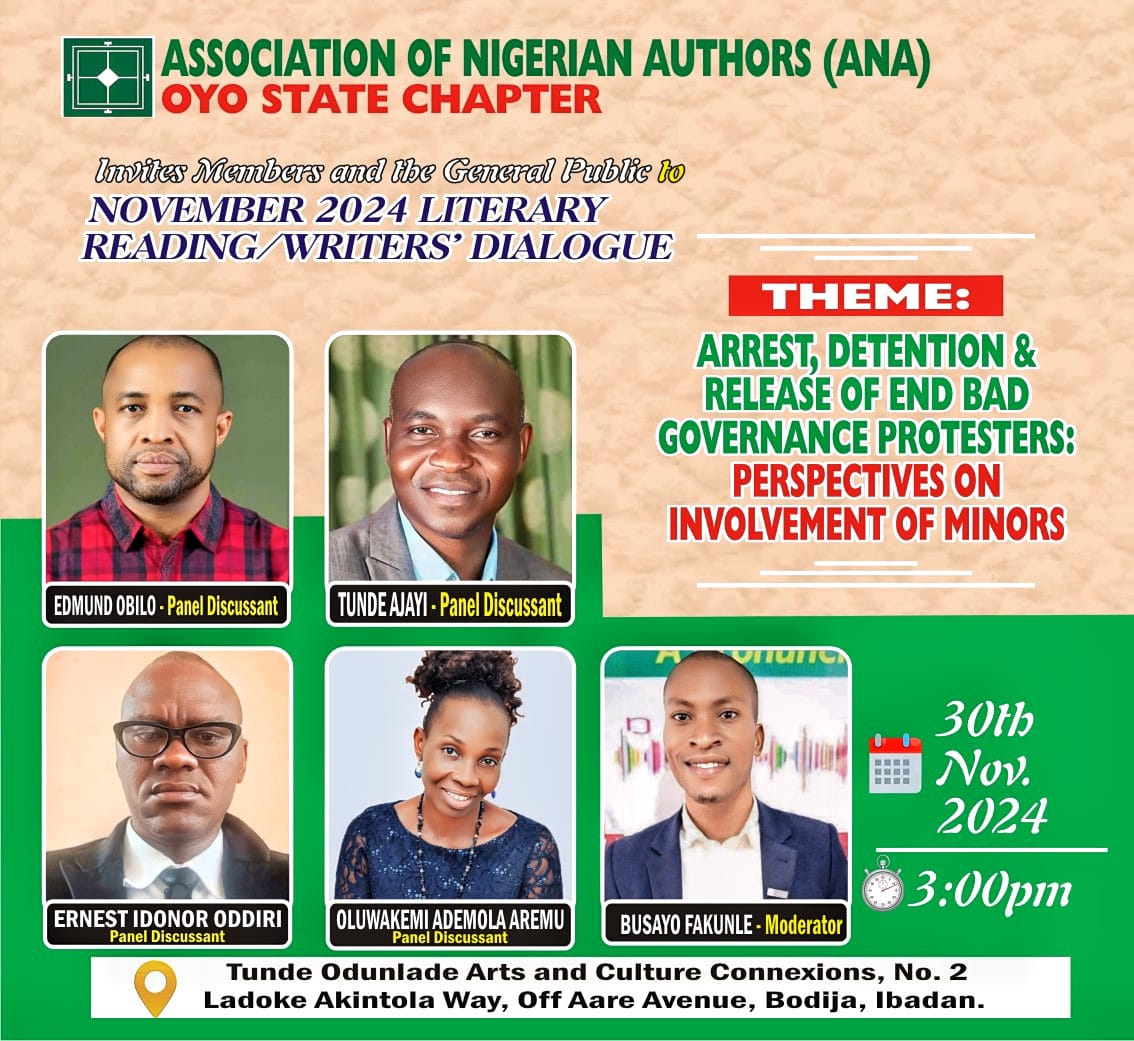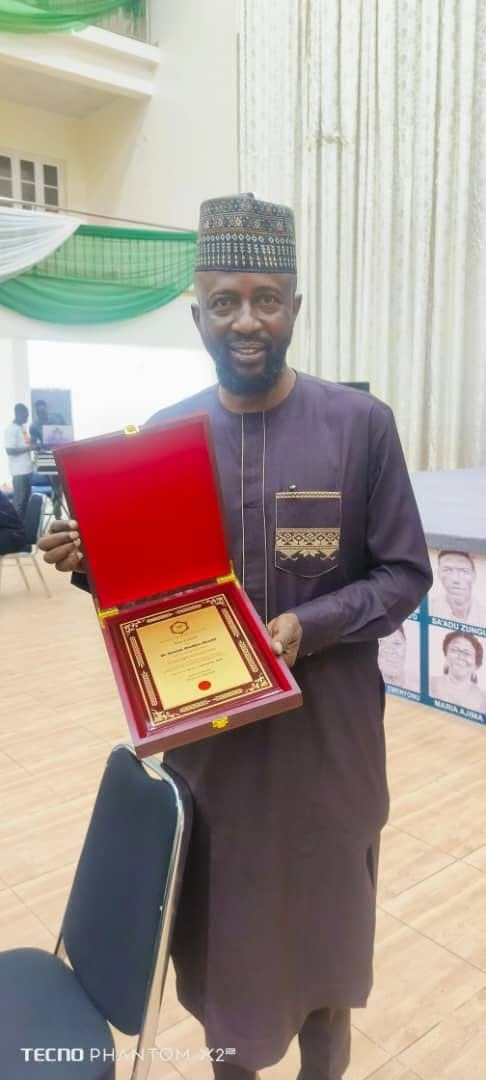Everything about Nigeria is painful right?
Without doubt, when government’s core responsibilities of protecting lives, safeguarding property and providing basic welfare are not met, life becomes more difficult for average citizens and protest invariably seems unavoidable.
Protest then becomes a necessity once there's breakdown in the social contract between the state and its citizens.
Do you know that in the past year, tottering inflation has sent food prices tripling, making it difficult for many people to afford three meals per day?
Are citizens who live in a biting economic hardship conditions like ours allowed to protest?
What is the moral standard in telling 'a minor' who is ill-fed not to join end bad governance protest?
What is certain is that the country's unrest stems not only from our economic dependence on only oil but also a history of bad governance and systemic corruption. And as such, frustration and anger has become a part of every ordinary citizen.
Isn't it true then that protest is the only democratic tool to voice out grievances and force the Nigeria government to engage in dialogue?
What are the functional structures or systems that government has put in place for 'minors' to avoid future participation in protests?
What exactly is the position of the constitution on minors who participate in protests against hunger, bad governance and corruption?
What are your perspectives on their involvement in the recent end bad governance protest in Nigeria?
Join the conversation.
30th November, 2024, 3p.m. at Prince Tunde Odunade Arts and culture Connexions, Aare Avenue, Bodija, Ibadan.
Busayo Fakunle
Secretary, Association of Nigerian Authors, Oyo State Chapter

